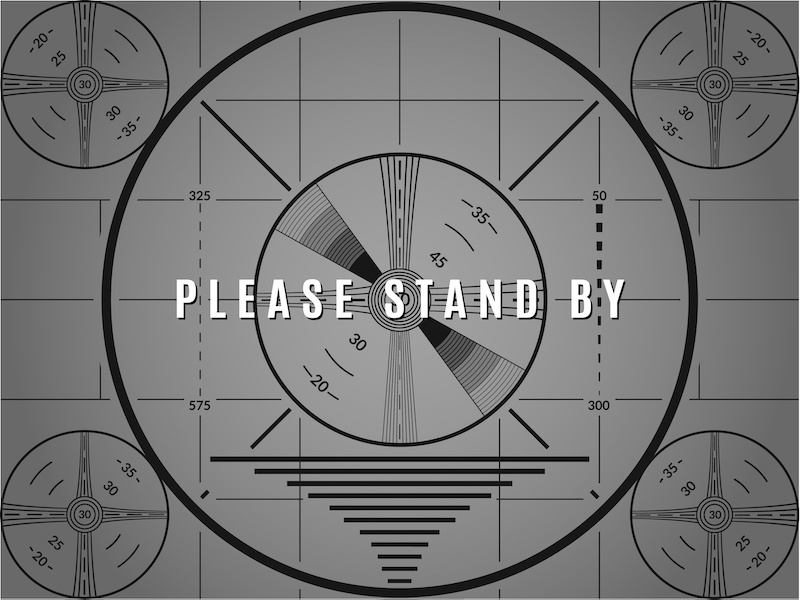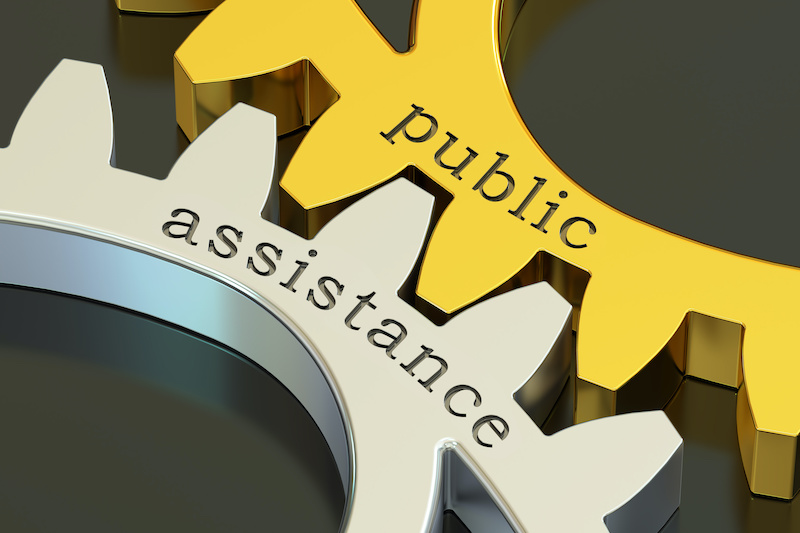
Use a Standby Supplemental Needs Trust
Everyone plans for “just-in-case” scenarios. For example, when packing for our week-long vacation, we include a rain jacket even if forecasters predict sunny weather. We do so just in case. Therefore, when planning for the future, consider what could happen “just in case”your loved ones become disabled. Although no one likes to consider this scenario, doing so is wise. We recommend considering a supplemental needs trust.
Supplemental Needs Trusts & Disability

Most people think disability affects other people. However, approximately 61 million U.S. adults live with a disability. That translates to one in four adults. What’s more, between one and four 20-year-olds become disabled before reaching retirement age. Thus, disability is unpredictable. And accidents or serious physical or mental conditions (such as cancer or mental illness) happen to anyone at any age.
Future World & Supplemental Needs Trusts
Unfortunately, no one owns a crystal ball for fortunetelling. We do not know when we will die. Also, we do not understand the beneficiary position at the time of our death. Therefore, even if none of your loved ones are disabled, do not fail to consider the question of what could occur.

Disability Planning w/ Supplemental Needs Trusts
If your loved one becomes disabled, they may rely on financial assistance from government programs. Unfortunately, a monetary gift or inheritance from you could disqualify this loved one from receiving public benefits. In this situation, your well-meaning gift could morph into more of a curse than a blessing.
The Answer? A Standby Supplemental Needs Trust

Here is how to make sure your disabled loved will not lose government benefits. Due to their benefits, the government could deem they have too much money. In such a case, set up a standby supplemental needs trust as part of your estate plan. The terms of supplemental needs trusts mean the trust’s money and property become available only to supplement government benefits. Therefore, the court won’t rule the trust’s money and property as available resources when determining a beneficiary’s eligibility for government needs-based benefits.
Definition of Standby Supplemental Needs Trusts

A “standby” supplemental needs trust accomplishes what its name implies. The supplemental needs trust remains on standby. It comes into existence only if a beneficiary grows disabled at the time of your death. Conversely, benefits could depend on the applicable state’s eligibility rules. Or, they could collect if they become disabled at a later date, before the trustee distributes all of the trust funds.

If the disabled beneficiary is receiving public assistance at the time of your death, the inheritance the beneficiary receives from you in a supplemental needs trust will not disqualify them from the public assistance benefits they are receiving but instead can be used to supplement the benefits they are receiving from the government and enhance the beneficiary’s life.
Since no one knows what the future holds, nearly every estate plan could benefit from including standby supplemental needs trust provisions. If the standby supplemental needs trust is not needed at the time of your death, then the trust will not come into existence. But it does not hurt to include it—just in case.

About Skvarna Law in Glendora & Upland, California
Skvarna Law Firm operates offices in Glendora and Upland, California. Also, we provide legal services. We cover San Bernardino, Los Angeles, Orange, and Riverside Counties. This includes several cities. Upland, Ontario, Rancho Cucamonga, Fontana, Colton, Rialto, Chino, Chino Hills, Glendora, Claremont, Pomona, La Verne, Montclair, San Dimas, Azusa, Covina, West Covina, Diamond Bar, Walnut, La Puente, Corona, Norco & Mira Loma.


